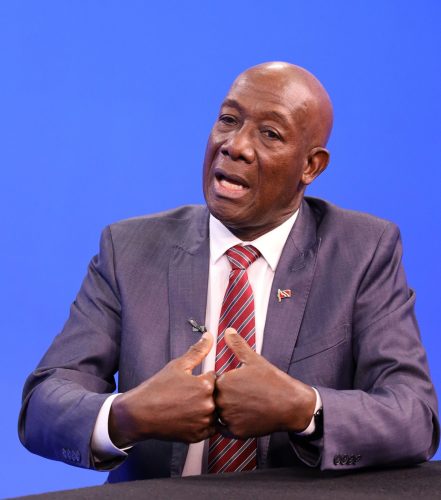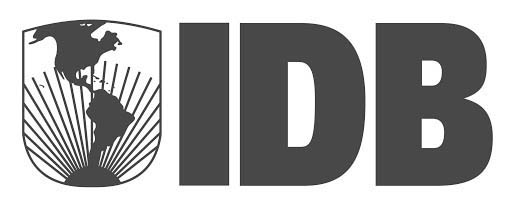With the Caribbean widely believed to have been the hardest hit region by the still rampaging COVID-19 pandemic, the Inter-American Development Bank (IDB) late last week finalised a loan agreement with the Government of Trinidad and Tobago to provide funding for a social protection initiative targeting citizens most affected by the pandemic.
The US$25.5 million loan is, according to a regional media report, designed to ensure the maintenance of “basic quality of life standards for vulnerable persons in the immediate period and during the economic recovery of Trinidad and Tobago.”
There are two components to the IDB loan, namely, the expansion of additional/emergency cash transfers to beneficiaries of three existing programmes delivered by the Ministry of Social Development and Family Services (MSDFS), namely, a Food Support Programme, Senior Citizen Pensions, and Disability Assistance Grant.

Funds from the loan will also support the temporary expansion of the Food Support Programme for households where a member of the household working in the informal sector experienced a loss in income due to the COVID-19 crisis.
An IDB release that attended the announcement of the loan agreement said that the funds “will benefit households and individuals belonging to the most vulnerable groups in the country, including over 25,000 existing beneficiary households of the Food Support Programme in which women are expected to represent about 60 per cent of the beneficiaries; 20,500 households with school-age children who received the School Nutrition Programme prior to the COVID-19 emergency; 2,000 low-income persons aged 65 and over; 500 adults 18-65 years of age who are permanently disabled from earning a livelihood, and 39,233 households with persons who have suffered involuntary termination, suspension, or loss of income in the informal sector.”
The IDB loan to Trinidad and Tobago comes at a time when regional and international lending agencies are deluged with requests for COVID-19 related financial assistance from poor regions.
Those regions include the Caribbean where the COVID-19 pandemic has devastated the travel and tourism industries resulting in widespread closure of businesses, loss of jobs, and the need for a magnitude of response which Caribbean Community countries would be unable to finance without resort to external assistance.
Setting aside the various urgent appeals for financial and other forms of support, the region continues to be concerned over the slow pace of the movement of vaccines to countries in the Caribbean even as reports circulate regarding the buying up of the majority of vaccines by rich countries.
There have been calls for the Caribbean Community (CARICOM) to mount a demarche on the wider international community, possibly through the United Nations, to register its concern over the dichotomy between the threat level which the Caribbean faces from COVID-19 and the trickle of vaccinations reaching the region.








